bms for lifepo4 battery pack
Balancing Act: The Essential Role of Battery Management Systems (BMS) in Lifepo4 Battery Packs
In the ever-evolving landscape of renewable energy and green technology, the focus has shifted significantly towards sustainable and efficient energy storage solutions. As solar energy adoption grows, so does the demand for reliable and scalable battery systems to store and manage this energy effectively. Among the various battery chemistries available, Lithium Iron Phosphate (LiFePO4) has emerged as a popular choice due to its high energy density, long lifespan, and safety features. However, the performance and longevity of LiFePO4 battery packs heavily depend on a critical component: the Battery Management System (BMS).

The Importance of Battery Management Systems (BMS)
A BMS is an electronic system designed to monitor, protect, and balance the individual cells within a battery pack. For LiFePO4 battery packs, the BMS plays a pivotal role in ensuring optimal performance, safety, and longevity. Without an effective BMS, the risk of overcharging, overdischarging, and thermal runaway increases significantly, which can lead to catastrophic failures and shortened battery life.
One of the primary functions of a BMS is to monitor key parameters such as voltage, temperature, and state of charge (SOC) across all cells in the battery pack. By doing so, it ensures that each cell operates within its safe operating range. For instance, a BMS may prevent overcharging by shutting down the charging process once the battery reaches a certain voltage threshold. Similarly, it can prevent overdischarging by disconnecting the load once the voltage drops below a specified level.
Another crucial function of the BMS is cell balancing. In a battery pack, individual cells may have slight differences in capacity and internal resistance due to manufacturing tolerances. Over time, these differences can lead to some cells being overcharged or undercharged, which can degrade their performance. The BMS addresses this issue by actively balancing the cells, ensuring that they all operate at a comparable state of charge. This balancing act is essential for maintaining the overall performance and longevity of the battery pack.
The Growing Demand for Renewable Energy Storage
The global shift towards renewable energy sources, such as solar and wind, has created a surge in demand for energy storage systems (ESS). According to the International Energy Agency (IEA), solar PV capacity is expected to grow by over 30% globally in the next five years. However, the intermittent nature of these renewable energy sources poses a challenge in terms of grid stability and energy availability.
This is where LiFePO4 battery packs come into play. They provide a reliable and efficient way to store excess energy generated during peak production periods and release it during times of low generation. By integrating LiFePO4 battery packs with solar panels and inverters, homeowners and businesses can achieve energy independence and reduce their reliance on the grid.
The rise in demand for renewable energy storage has also highlighted the importance of end-to-end energy solutions. Home Energy Hub systems, which combine solar panels, battery storage, and energy management software, are becoming increasingly popular. These systems allow users to monitor and control their energy consumption in real-time, optimizing their usage for maximum efficiency.
Navigating the Challenges of the Energy Storage Market
Despite the growing demand for renewable energy storage, the market is not without its challenges. One of the most significant issues is the reliance on critical raw materials, such as lithium, cobalt, and nickel. The supply chain for these materials has come under scrutiny due to concerns over ethical sourcing, environmental impact, and geopolitical tensions.
For LiFePO4 batteries, the use of iron and phosphate as key components offers a potential solution to some of these supply chain challenges. Unlike lithium or cobalt, which are often sourced from countries with questionable labor practices or environmental regulations, iron and phosphate are more widely available and less controversial. However, the mining and refining of these materials still require careful consideration to ensure they align with sustainable practices.
Another challenge in the energy storage market is the need for scalable and cost-effective solutions. While LiFePO4 batteries offer significant advantages in terms of safety and longevity, their cost can still be a barrier for many potential customers. This is where innovative manufacturing techniques and economies of scale come into play. As the demand for LiFePO4 batteries continues to grow, advancements in production methods are expected to drive down costs and make these solutions more accessible.
Choosing the Right Battery Management System for Your LiFePO4 Battery Pack
When it comes to selecting a BMS for your LiFePO4 battery pack, it’s essential to choose a system that offers both reliability and advanced features. Here are some key factors to consider:
Cell Balancing: Look for a BMS that supports advanced cell balancing techniques, such as passive or active balancing. Active balancing, in particular, is more effective at equalizing cell voltages and ensuring optimal performance.
Temperature Monitoring: A high-quality BMS should include temperature sensors to monitor the temperature of each cell. This is crucial for preventing thermal runaway and ensuring safe operation.
Communication Interfaces: Consider the communication capabilities of the BMS. CAN bus, I2C, and SPI are common interfaces that allow the BMS to integrate with other components in the energy storage system.
Scalability: Choose a BMS that can scale with your energy needs. This is particularly important for commercial and industrial applications where battery capacities can vary widely.
Safety Features: Ensure that the BMS includes advanced safety features, such as overcurrent protection, short-circuit protection, and thermal management.
: Empowering the Future with BasenPower
The demand for reliable and efficient energy storage solutions is at an all-time high, driven by the global transition to renewable energy sources. LiFePO4 battery packs offer a compelling combination of safety, longevity, and environmental benefits, making them a preferred choice for both residential and industrial applications. However, the success of these battery systems relies heavily on the performance of the BMS.
At BasenPower, we understand the critical role that BMS plays in ensuring the optimal performance of your LiFePO4 battery pack. Our advanced BMS solutions are designed to provide reliable monitoring, balancing, and safety features, ensuring that your energy storage system operates at peak efficiency.
Whether you’re looking to reduce your carbon footprint, lower your energy costs, or achieve energy independence, BasenPower has the expertise and technology to help you succeed. Explore our range of lithium-ion battery solutions and home energy hub systems today and take a step towards a more sustainable future.

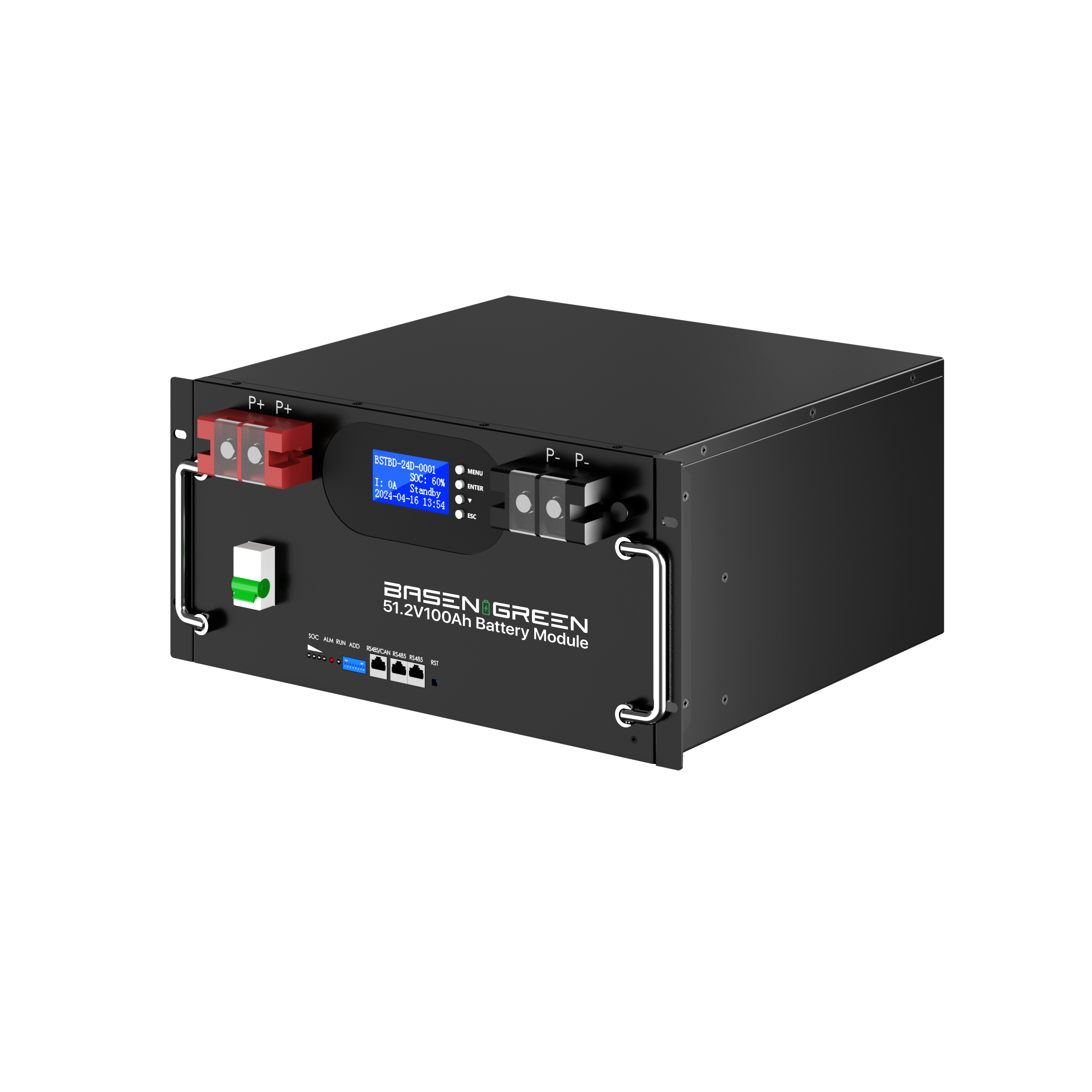
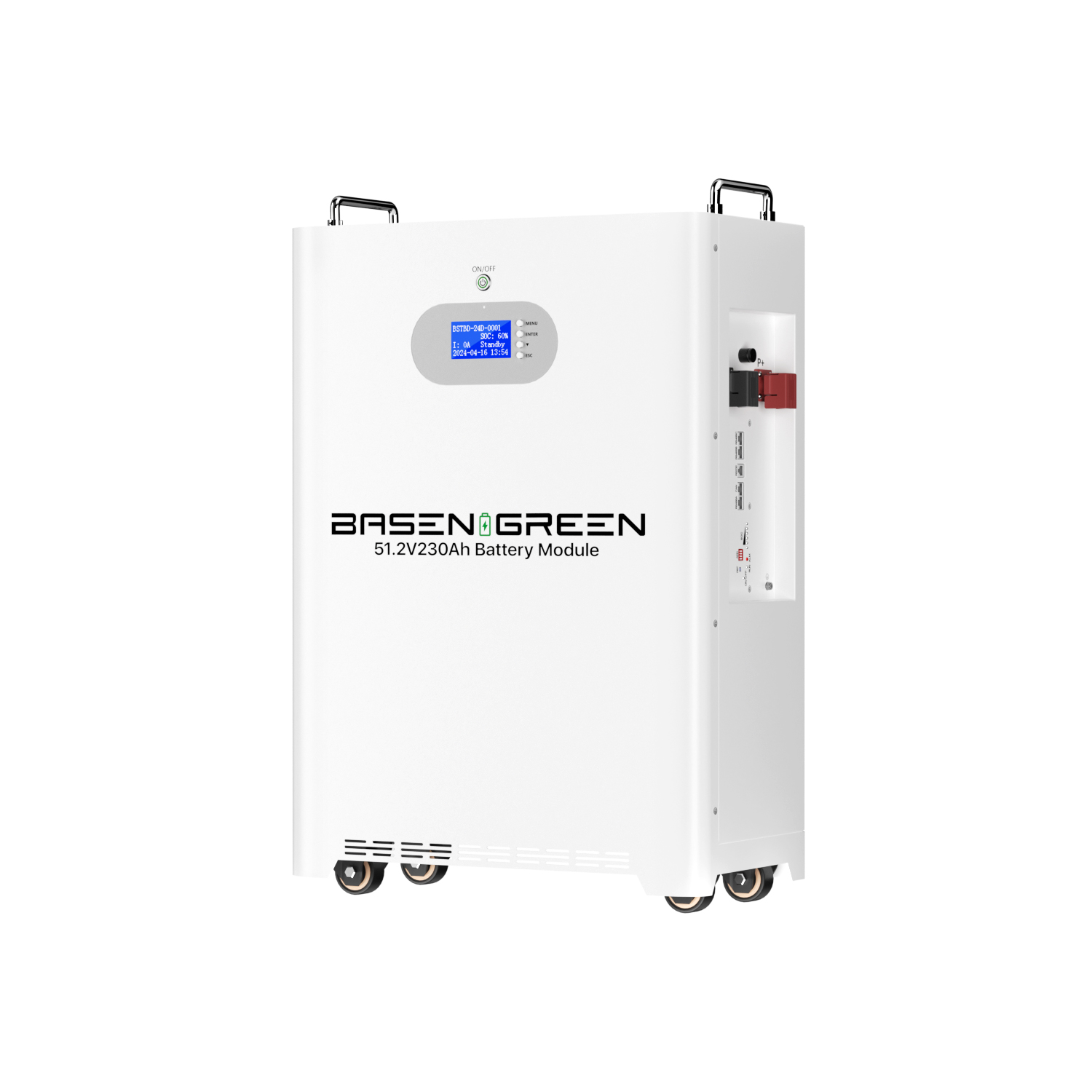
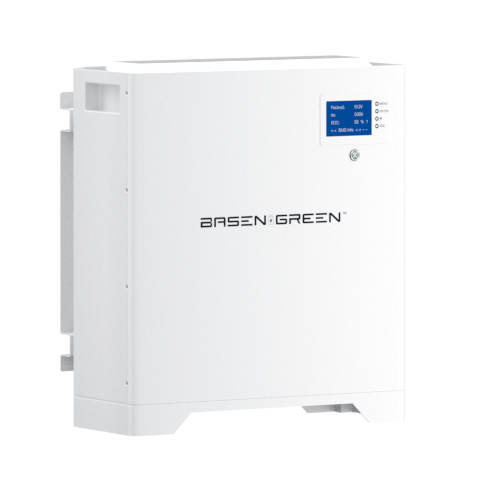
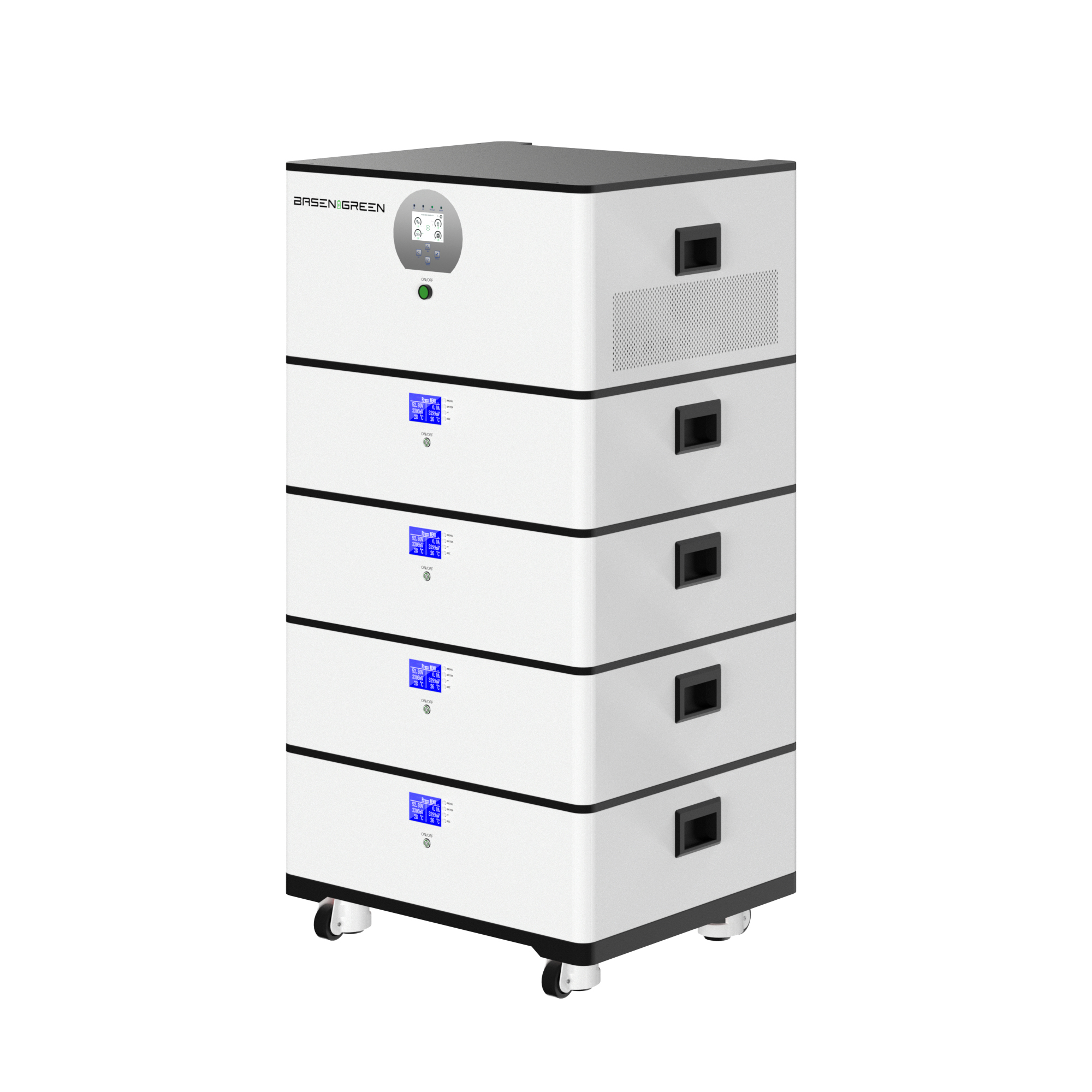

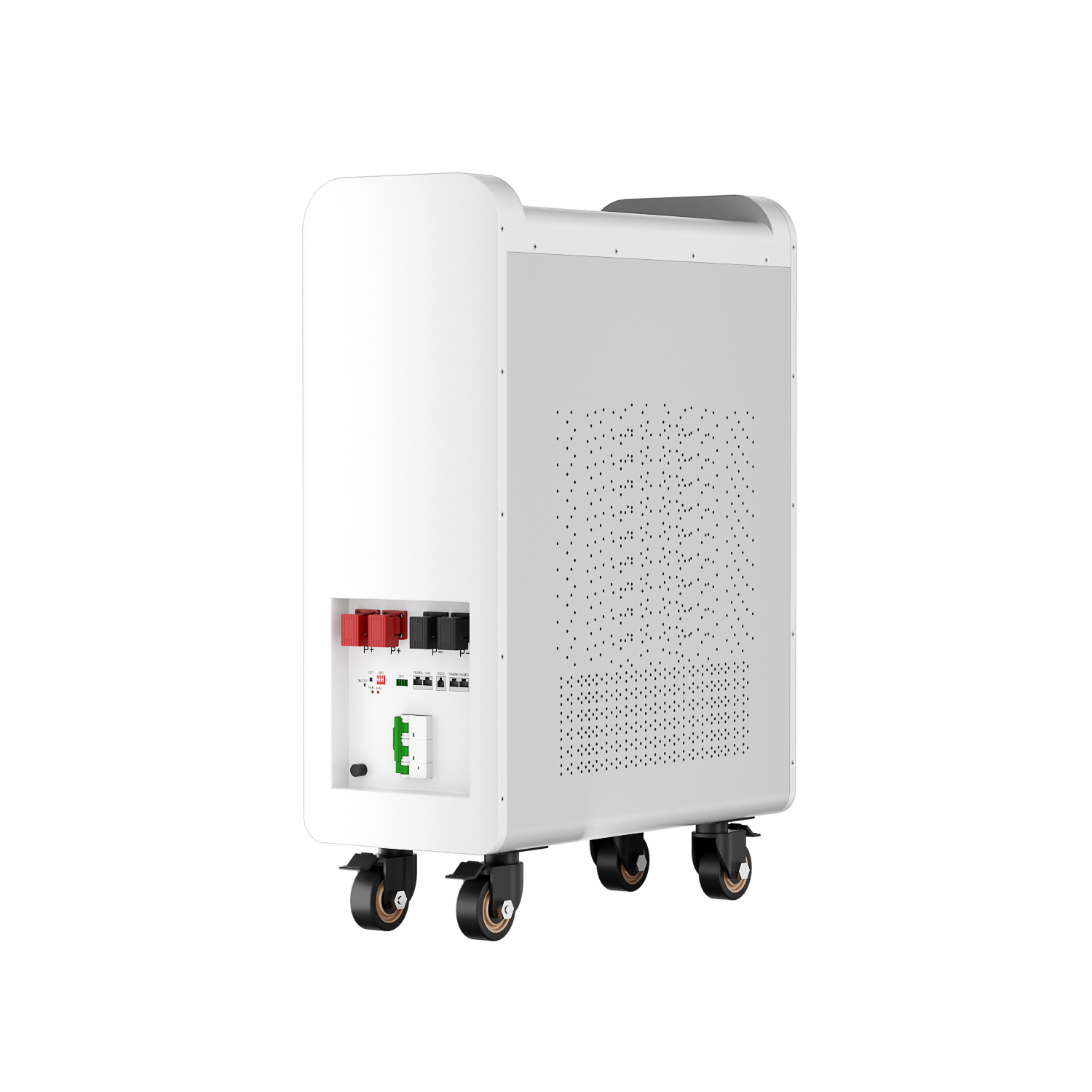
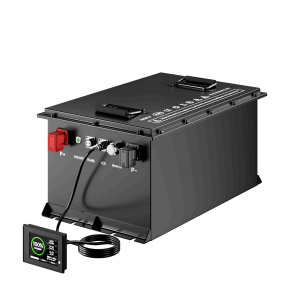
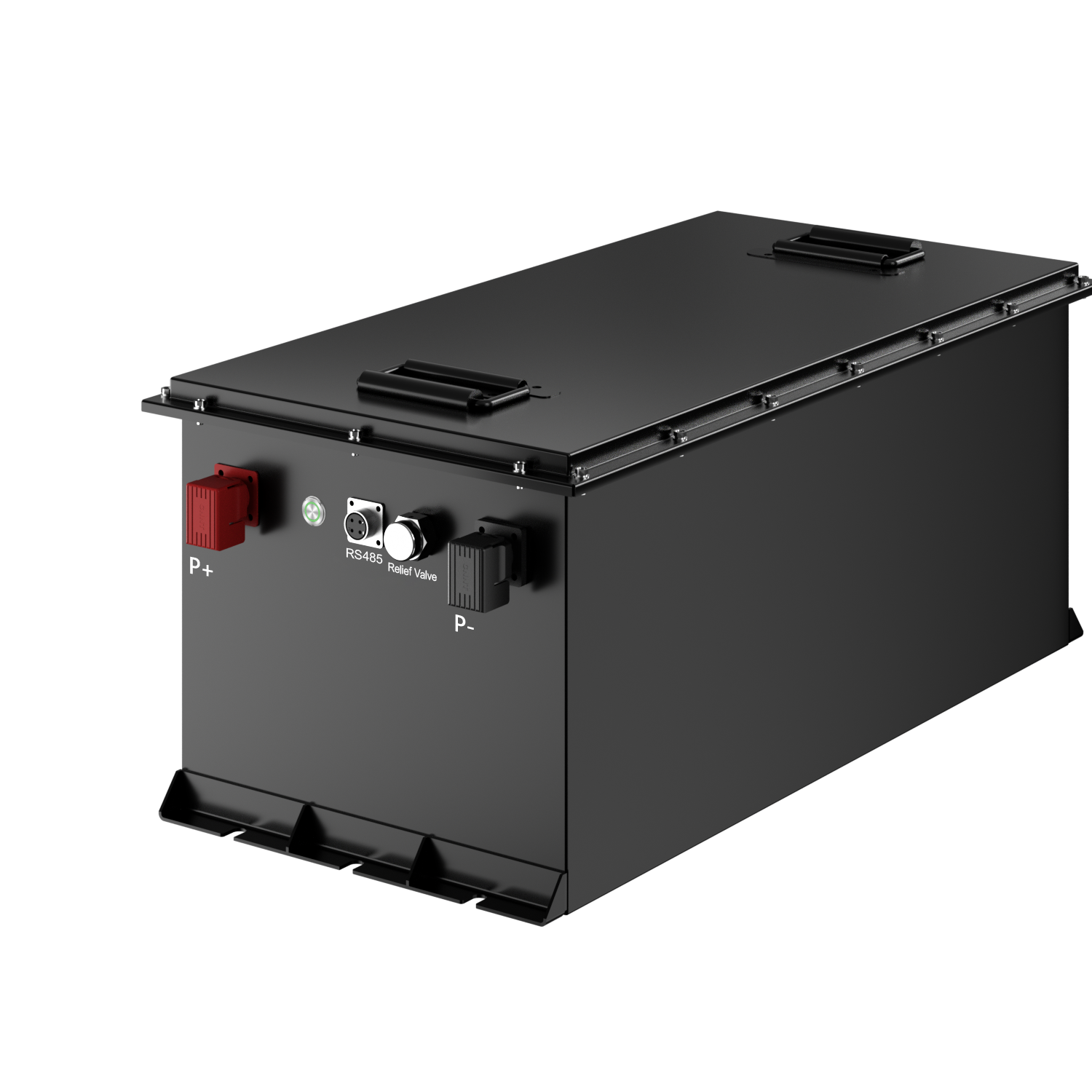
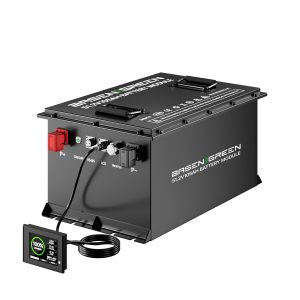
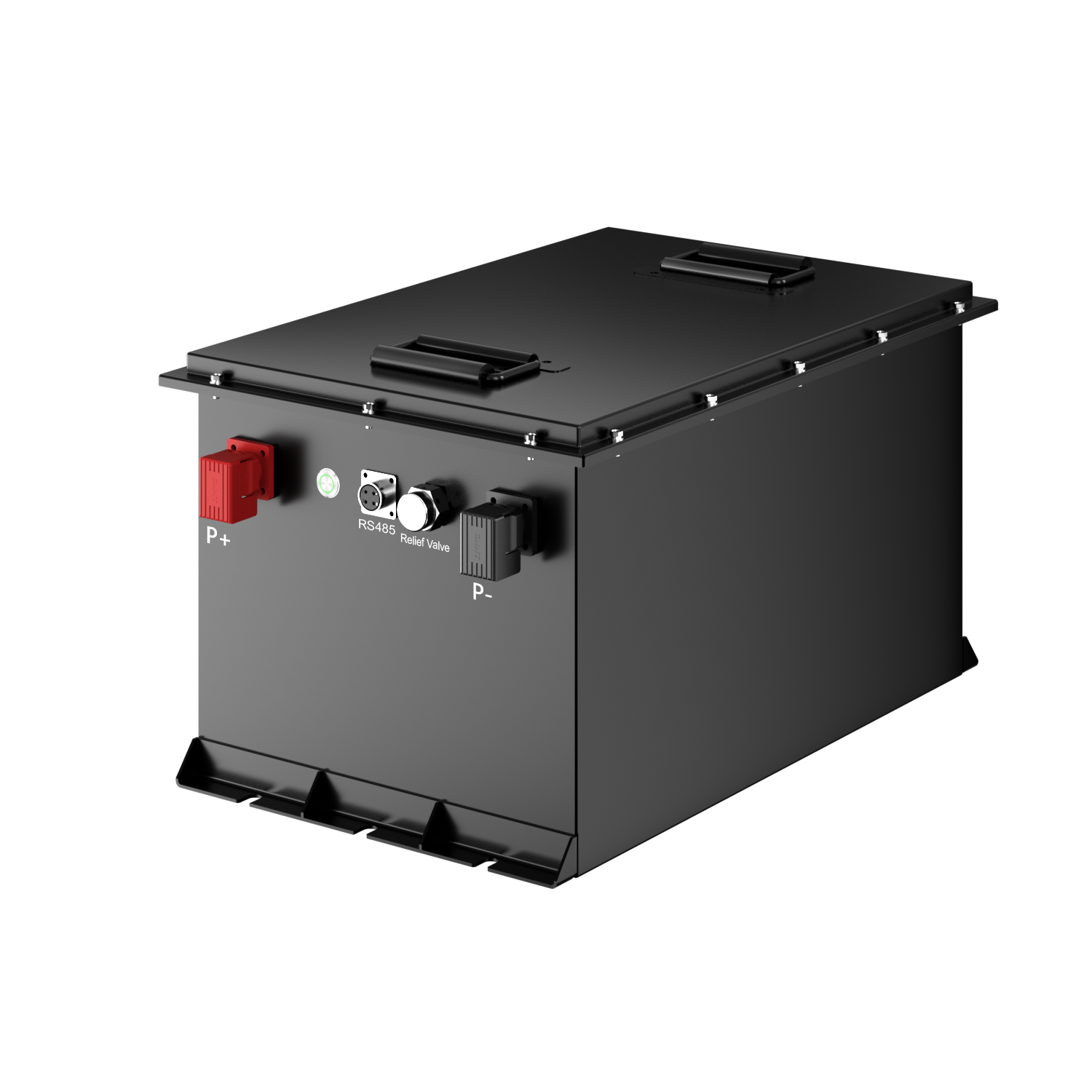
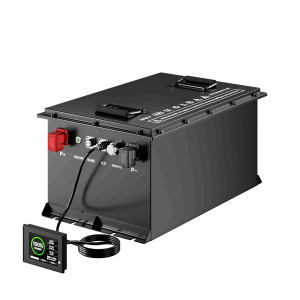
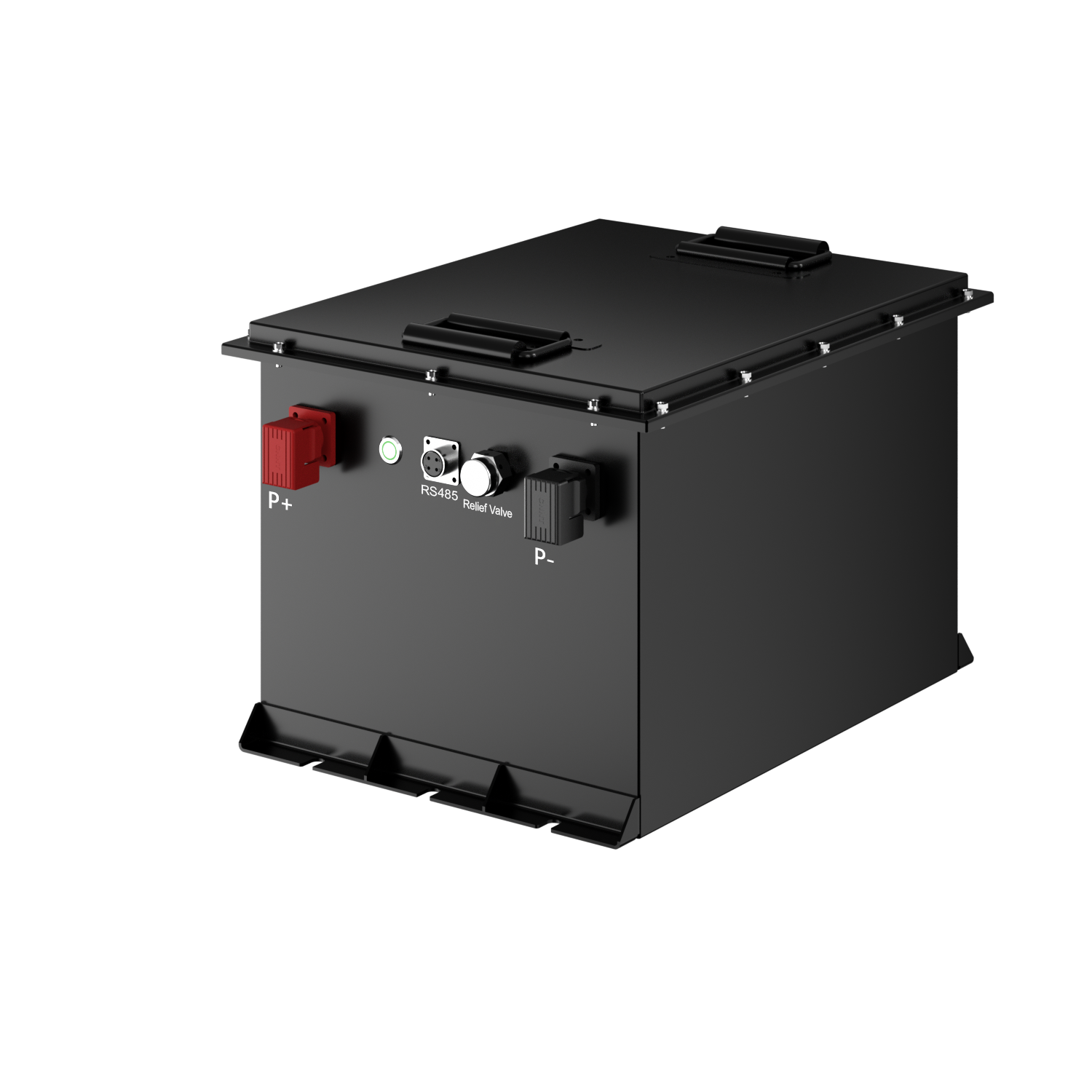
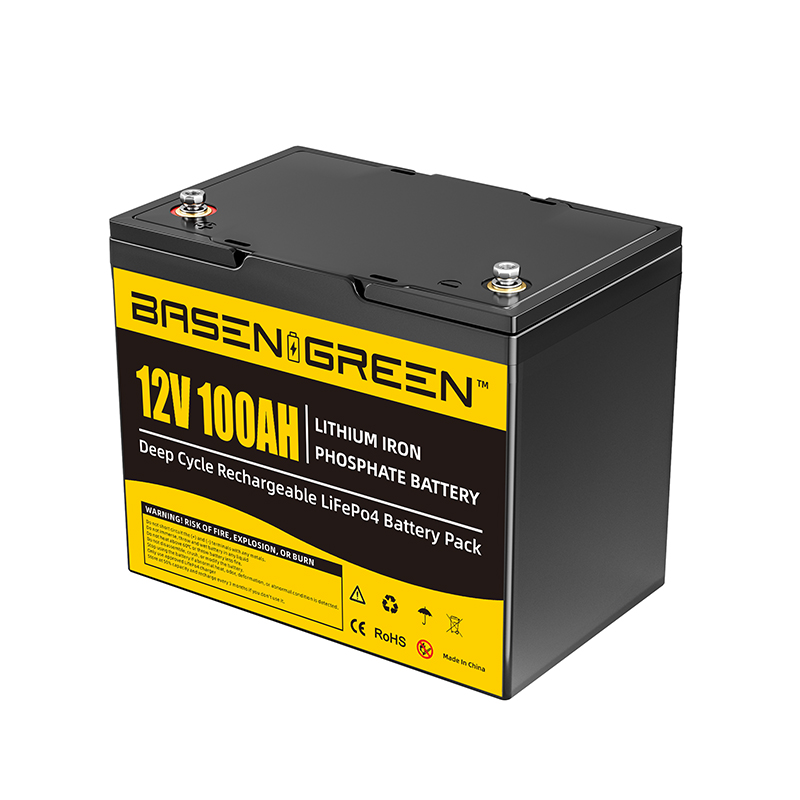

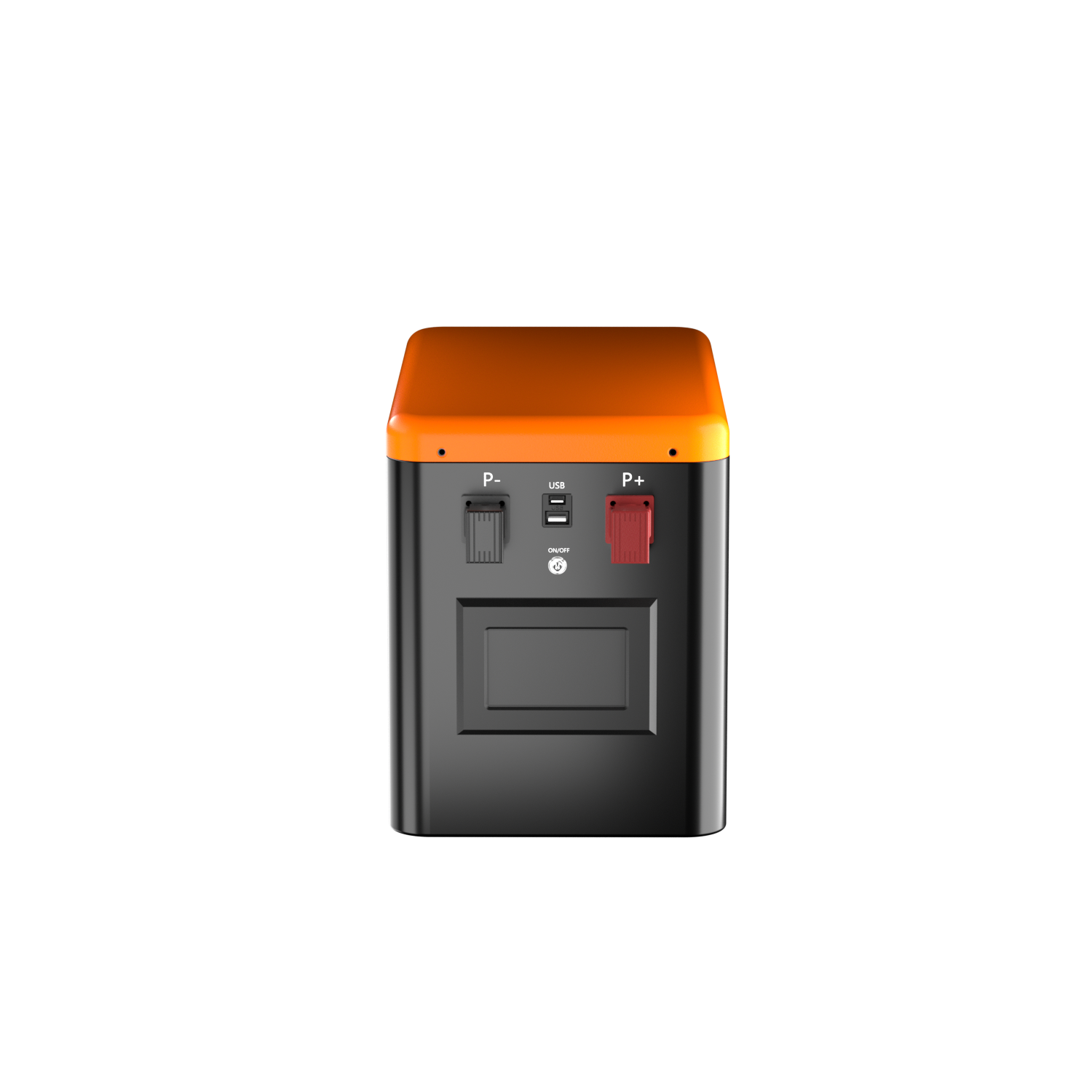
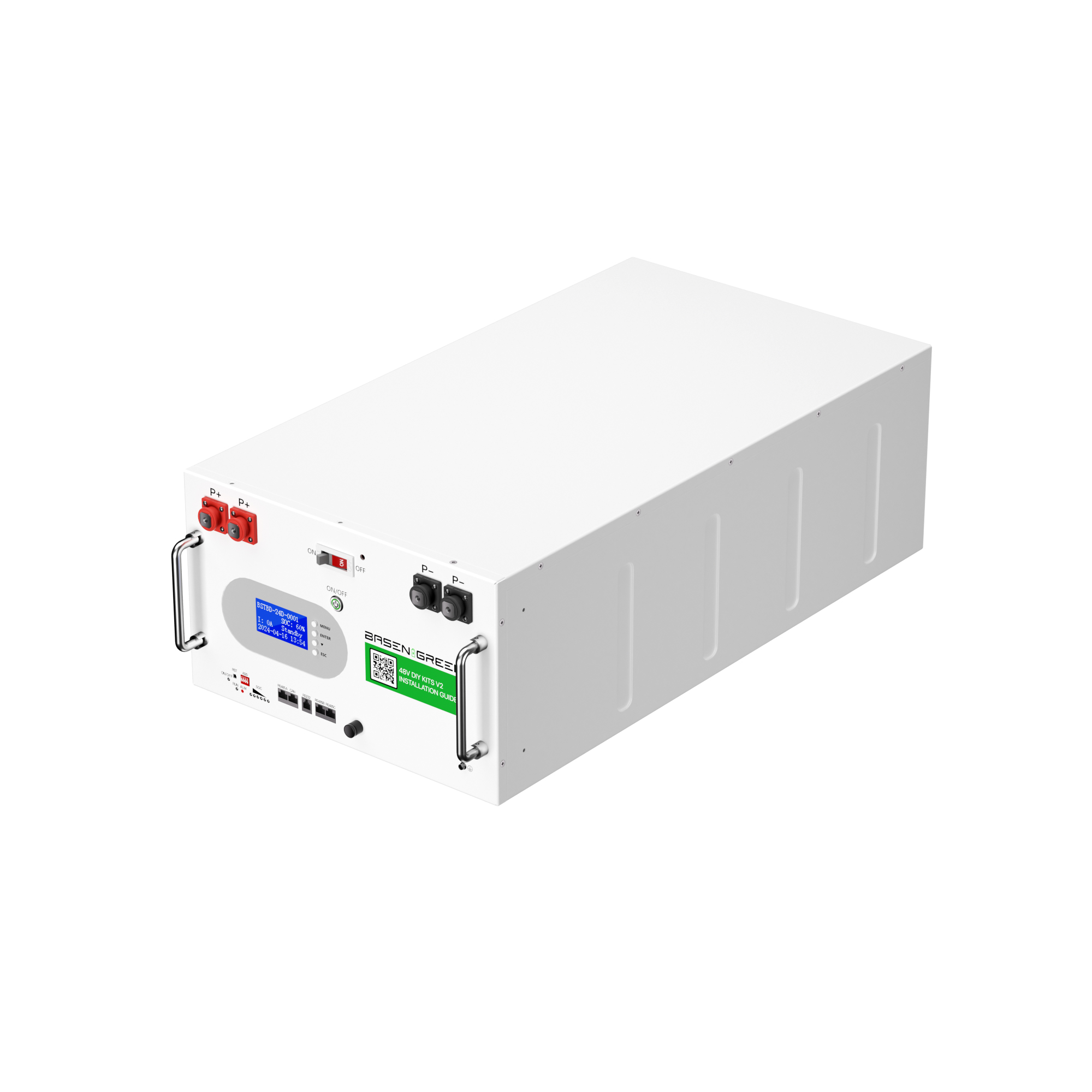
.png)